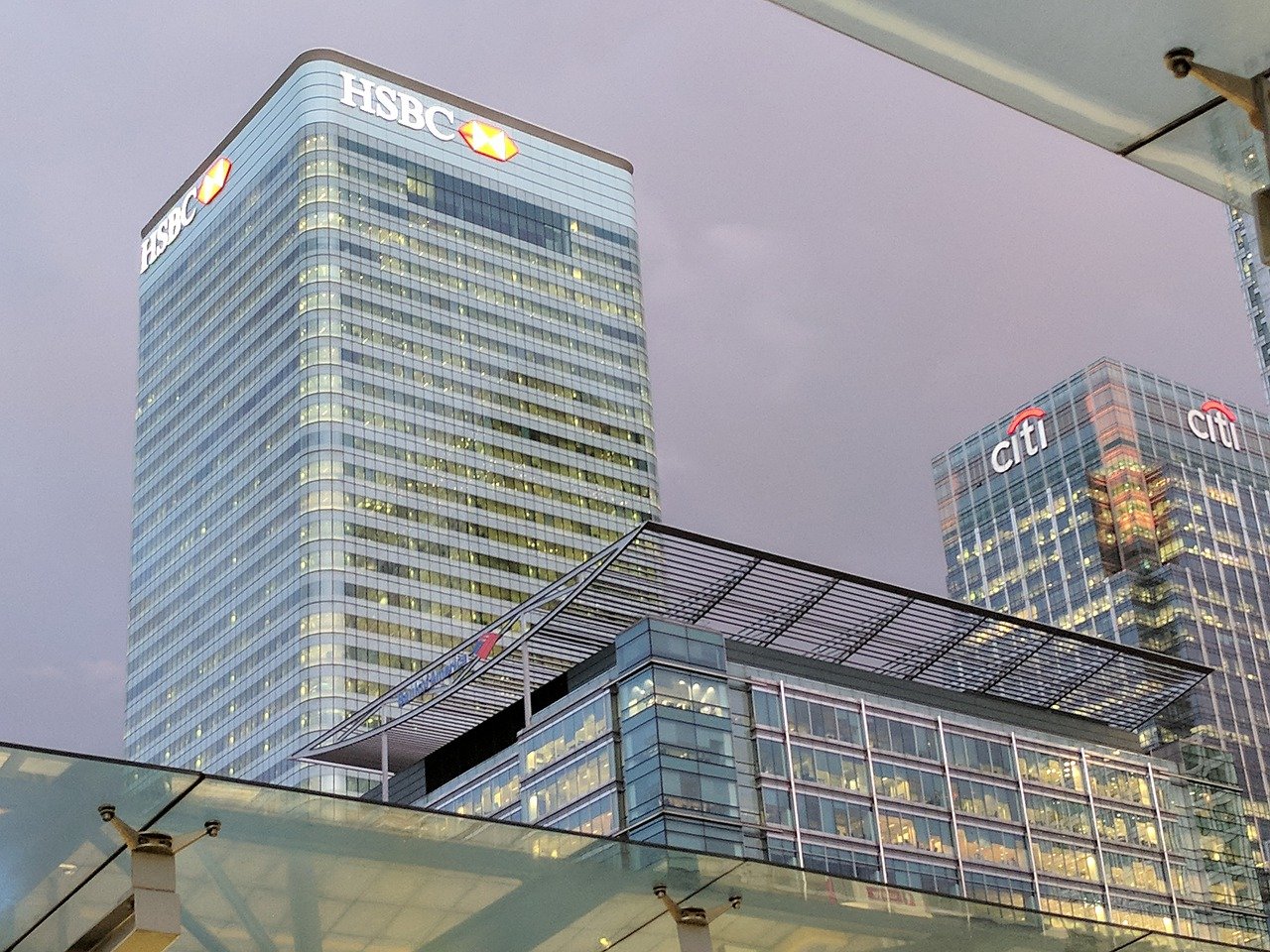Shareholder activist group Market Forces has taken aim at HSBC ahead of its annual general meeting (AGM) on May 28, claiming the fossil fuel projects financed by the bank will emit more than half a billion tonnes of carbon dioxide every year.
“HSBC’s funding of fossil fuels, across many different geographies, makes a mockery of the bank’s claim to support the Paris Agreement,” Market Forces says in a report published on May 25.
The Paris Agreement, struck in 2015, aims to limit global warming to 1.5 degrees Celsius above pre-industrial levels.
“The bank’s tinkering around the margins with its climate policy won’t do. HSBC’s current policies will still allow them to fund this huge level of climate destruction and human suffering well into the future,” says Adam McGibbon, Market Forces’ UK campaign lead.
The group wants HSBC to “immediately withhold financing activities to companies and projects expanding the scale of the fossil fuel industry, or otherwise basing their business plans on scenarios consistent with temperature increases higher than the Paris Agreement’s goals” and commit to phasing out financing for fossil fuels, including through the bank’s ownership of companies.
HSBC said in March that it will introduce a resolution at this week’s AGM which will commit the London-headquartered banking giant to phase out financing for all coal-fired power and thermal coal mining by 2030 in developed markets and by 2040 in other markets.
The resolution was crafted in co-operation with ShareAction, a UK environmental charity that agreed to withdraw its own resolution in favour of HSBC’s. If agreed to by shareholders, it will apply to project finance, direct lending and capital markets underwriting for the lender’s global banking and commercial banking clients.
Market Forces tries to force action on environmental issues by proposing shareholder resolutions at the AGMs of resources companies, banks and insurers. Earlier this year Rio Tinto, the world’s second largest miner, endorsed a resolution put forward by the group at its own AGM.
Market Forces will not attempt to put up its own resolution at the HSBC AGM. “But if the bank’s policy doesn’t improve, we would not rule out filing a shareholder resolution next year,” McGibbon tells GTR.
HSBC already committed in 2018 to stop financing new coal-fired power plants except in Bangladesh, Indonesia and Vietnam.
But the measure did not apply to the expansion of existing coal projects and Market Forces says the bank has provided refinancing and loans to thermal coal companies, including US$322mn to Indonesian miner Adaro Energy since 2006. Indonesia is a major coal exporter.
Citing Adaro’s 2020 annual report, which says its thermal coal business will be the company’s ongoing “cash cow”, the Market Forces report says providing financing for the firm “is consistent with the failure of the Paris Agreement” rather than in line with it.
HSBC’s resolution, which will be put to the vote on May 28, also includes a commitment by the bank to set “clear, measurable short and medium-term targets” by sector that are consistent with achieving net zero emissions by 2050 and using scenarios that are not “overly reliant” on emissions abatement technologies, which are controversial among climate campaigners.
“HSBC is committed to partnering its customers in the transition to net zero,” the bank says in response to the Market Forces report. “We are prioritising finance and investment that supports our customers to progressively decarbonise, and expect to provide between US$750bn and US$1tn in finance for the net zero transition.”
A spokesperson for HSBC tells GTR that an example of its existing efforts to help businesses decarbonise is what it says was the first sustainability-linked high yield bond in Europe, which the bank led in March, for Greece’s Public Power Corporation, to help phase out brown coal power plants in favour of renewable energy sources.
Oil in Kazakhstan, gas in Australia
Market Forces’ report also criticises the bank funding for gas projects in Australia, Ghana and Mozambique, and oil projects in Kazakhstan, Saudi Arabia and the US.
Australia is the world’s biggest liquefied natural gas (LNG) exporter, largely to markets in northern Asia. The gas has strong support from the Australian government there, which sees it as a lower-emission transition fuel during the expected shift from oil and coal to renewable energy sources.
But Market Forces says the Intergovernmental Panel on Climate Change (IPCC), a United Nations body which models global warming scenarios, has found that to keep temperature rises under 1.5 degrees, the use of LNG would have to drop by around a quarter during the next 10 years, from a 2010 baseline.
The report says HSBC has twice joined in the refinancing of the Ichthys LNG project off northern Australia and also contributed US$170mn during the refinancing of the Australia Pacific LNG project.
In 2018 HSBC pulled out of funding oil sands projects in Canada, as well as the pipelines that funnel oil in the US.
But Market Forces’ report says the bank has continued providing financing to companies involved in the construction of new pipelines, including US$8.5bn extended to Enbridge, a company building a pipeline from Alberta to Wisconsin.
HSBC is not the only bank in the activist group’s sights. It also singled out Standard Chartered earlier this month over financing it said was incompatible with the Paris Agreement and similarly warned of a potentially embarrassing shareholder resolution next year if climate change policies are not strengthened.






